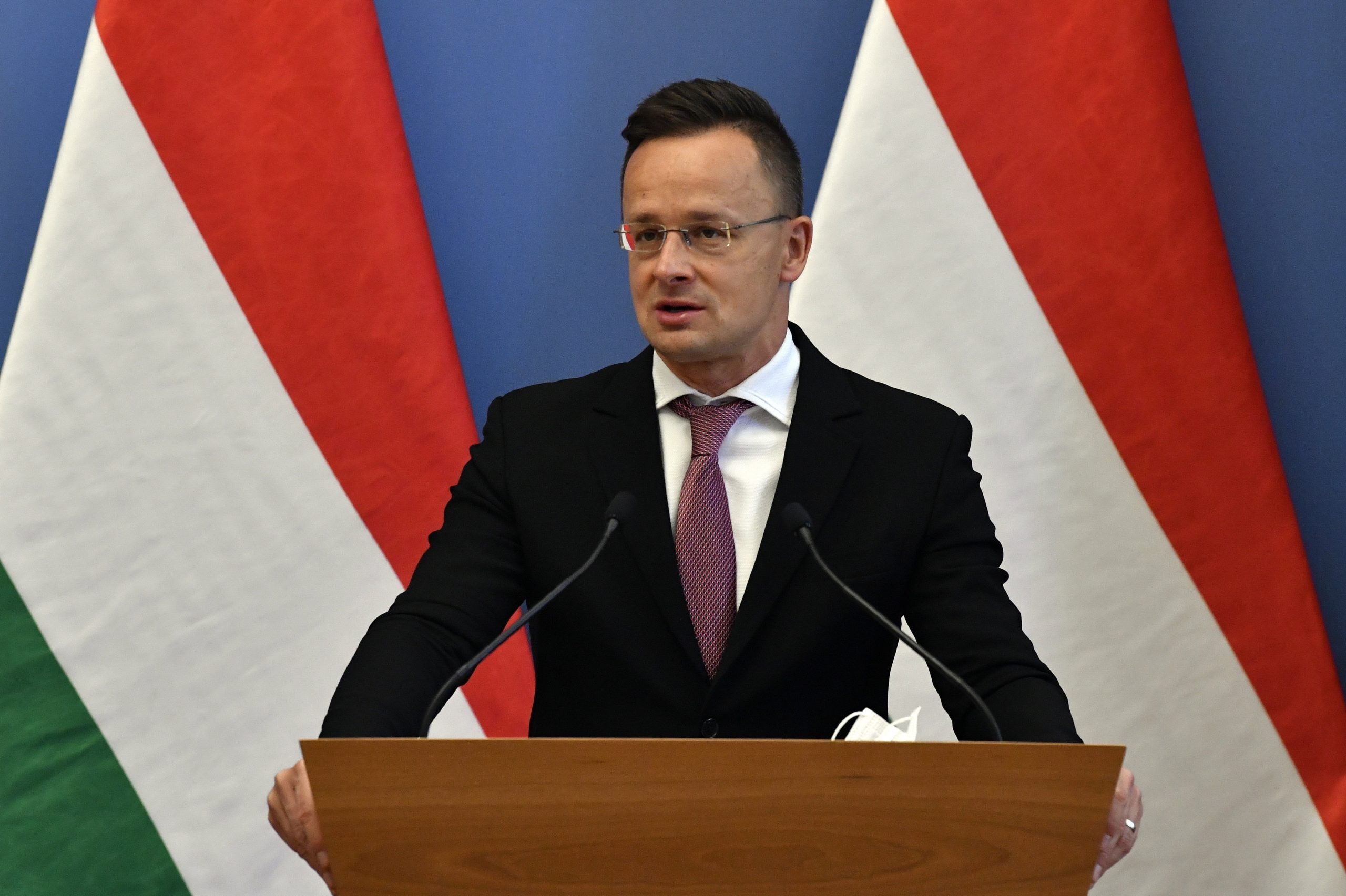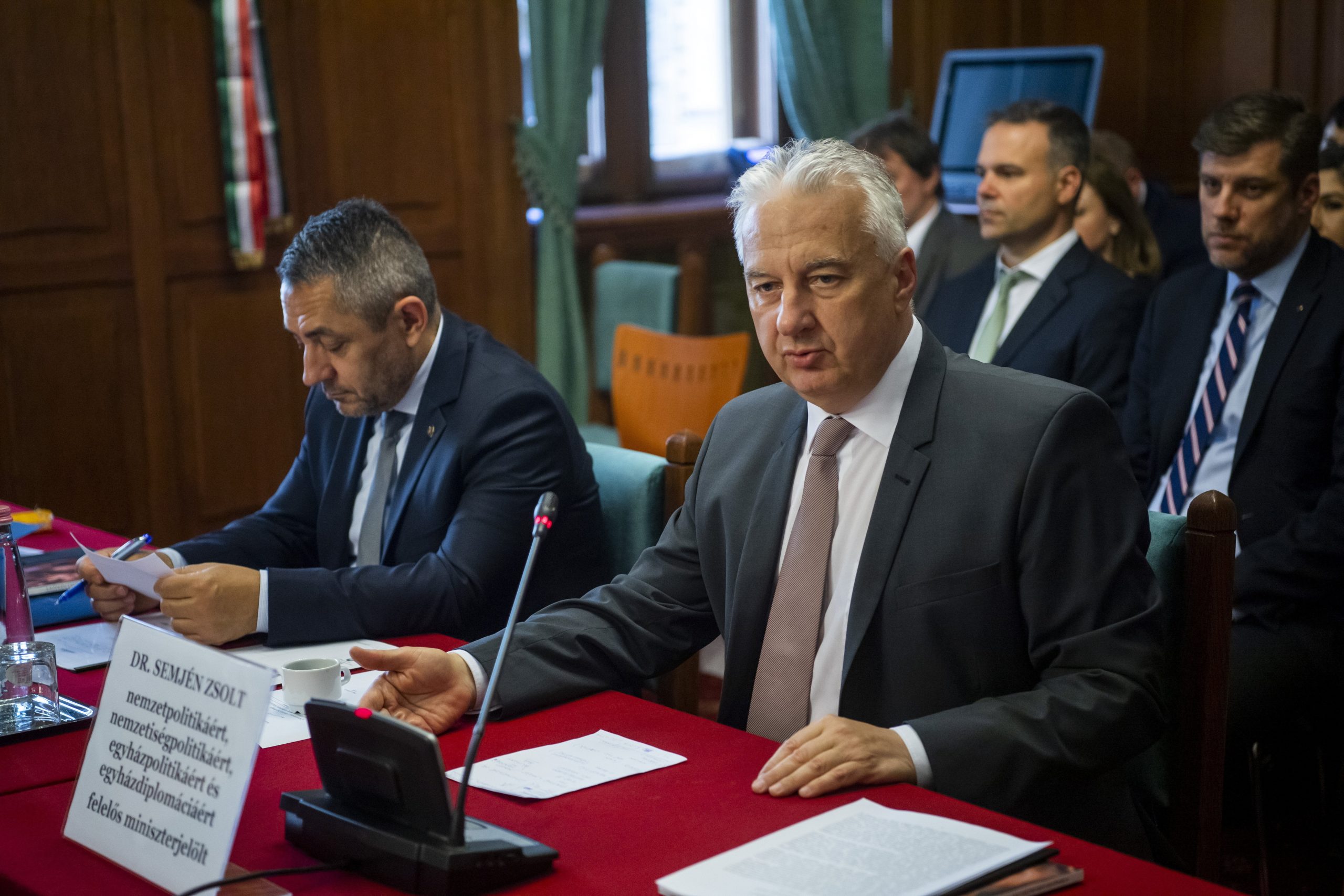
Szijjártó said that in the April general election, a record number of ethnic Hungarians living beyond the borders cast their votes, proving that the mother country could rely on these communities and vice-versa.Continue reading

Zsolt Semjén, the candidate for deputy prime minister, said he would continue implementation of Hungary’s nation policy programmes, in a hearing before parliament’s national cohesion committee on Wednesday.
Semjén said the foundations of Hungary’s policy towards Hungarian communities abroad had been laid in 2010, adding that “they have proved stable”. He emphasised that the nation could only survive if all its constituents survived. That, he said, required a mother country with a strong economy and strong diplomacy, as well as ethnic Hungarian communities with an ability to maintain their national identity.
Semjén highlighted the Hungarian Permanent Conference (MÁÉRT) and the Diaspora Council.
The candidate touched upon the government’s dual citizenship programme, aimed at building “the nation’s legal unity” and said over 1.1 million ethnic Hungarians had been granted preferential Hungarian citizenship under the scheme.
Concerning the government’s economic aid to ethnic kin, Semjén said if ethnic Hungarians could not make a living in their homelands, those areas would become “empty from a Hungarian point of view”. The economic programme is aimed at preventing such a tendency, to benefit “the Hungarian economy, regions across the border and neighbouring states”, he said. He added it was “evident” that the Hungarian government supported ethnic Hungarian parties, though the states they are in “may not like it”.
In another hearing, with the committee representing Hungary’s ethnic minorities, Semjén said indigenous ethnic minorities were an integral part of the Hungarian nation and constituents of the state. He said those communities contributed to “a special richness” of the Hungarian nation, adding an “asset that cannot be compared to anything else”, and pledged the government’s continued support.
The committee unanimously supported Semjén’s nomination.
Featured photo by Zoltán Balogh/MTI